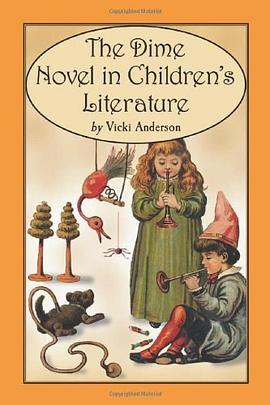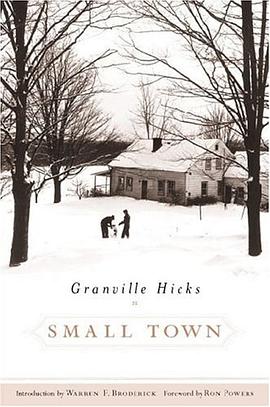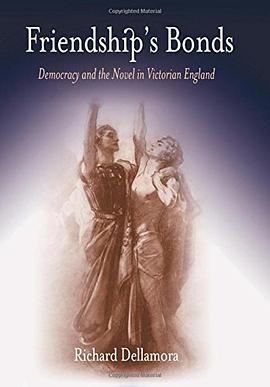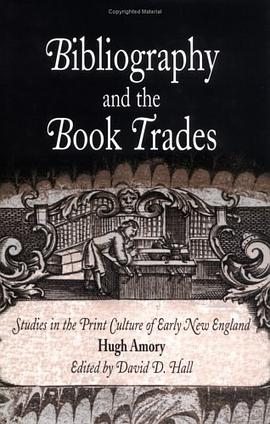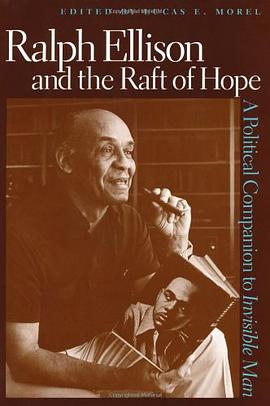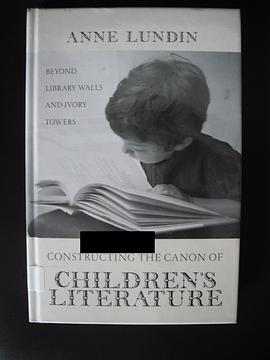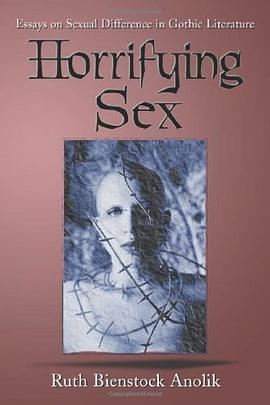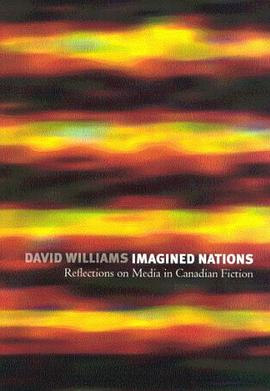

具体描述
In "Imagined Nations", David Williams explores works by authors such as Alistair MacLeod, Michael Ondaatje, and Timothy Findley, examining the ways in which these writers show how our sense of time and space and our sense of personal and national identities have been altered by changes in modes of communication. He discusses how they have dramatized a series of shifts from the oral clan to the nation of the book (Alistair MacLeod), from print-nationalism to radio-confederacy (Wayne Johnston), and from print-stasis to an electronic space of flows (Michael Ondaatje). Some writers have resisted the threat of filmic images to print-formed communities (Timothy Findley, Guy Vanderhaeghe), while others have sought release from the prison of print (Hubert Aquin), or attempted to infiltrate cyberspace in the border war against globalization (William Gibson). Building on the work of Harold Innis, Williams joins other Canadians such as Marshall McLuhan, Ronald Deibert, and Gerald Friesen in extending and clarifying our understanding of the way differing media environments predispose us to imagine unique forms of political community.
作者简介
目录信息
读后感
评分
评分
评分
评分
用户评价
相关图书
本站所有内容均为互联网搜索引擎提供的公开搜索信息,本站不存储任何数据与内容,任何内容与数据均与本站无关,如有需要请联系相关搜索引擎包括但不限于百度,google,bing,sogou 等
© 2026 onlinetoolsland.com All Rights Reserved. 本本书屋 版权所有



